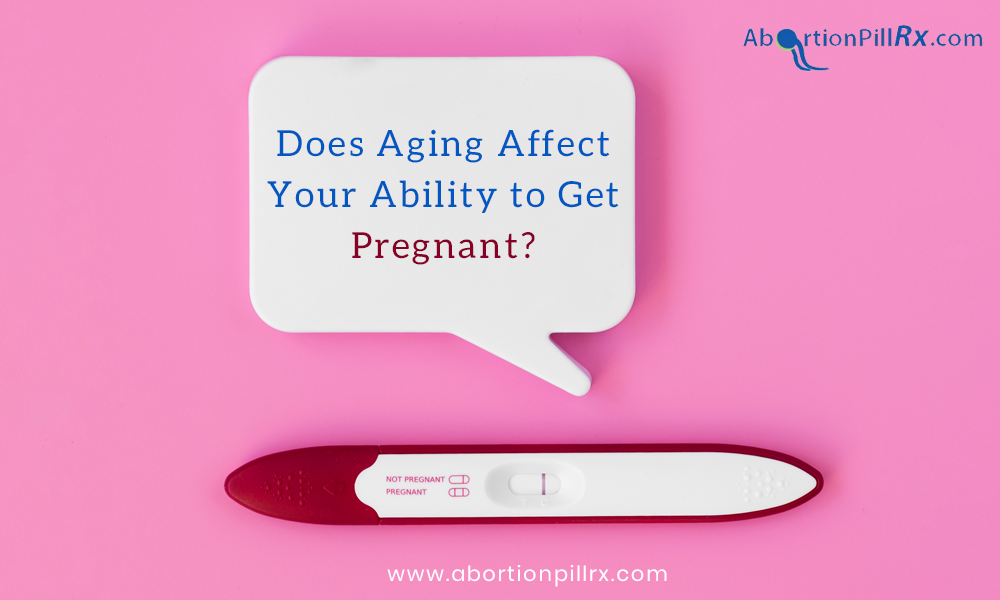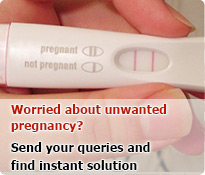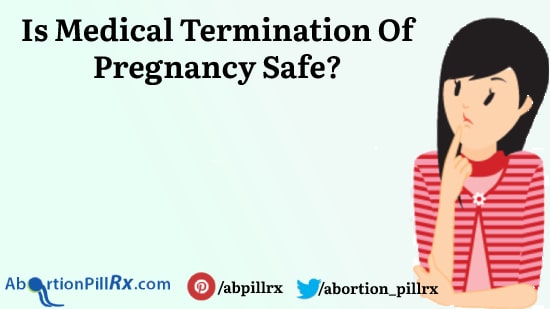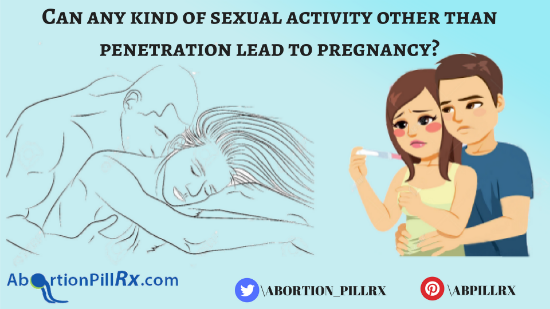Recently updated on January 6th, 2023 at 09:12 am

pregnant
reproductive health
How Does Aging Affect the Ability to Conceive?
Here are the problems that could result in pregnancy due to increasing age:
- Loss of Pregnancy: With increasing age, the risk of pregnancy loss and complications with conceiving also grows. The rate of miscarriage in women less than 30 years of age is about 15-20%, the same accelerates at 35 years of age, and it is 40-50% for females around 40. This is why several women who conceive at an unexpected age choose medical abortion to end pregnancy non-invasively, as they do not wish to risk any problems later.
- Pregnancy Complications: The risk of complications such as chromosomal abnormalities such as Down syndrome and others rise with aging and the same increases at a faster rate after 35. The risk for Down syndrome is 1 in 350 cases at 35, but by 45, the same is 1 in 35 instances
- Other Issues: Aging is also responsible for gestational diabetes, preeclampsia, and C-sections in pregnant women. The risk of stillbirth is also more prominent in females over 40. Thus, if women over 30-35 years of age conceive, additional testing and ultrasounds are often recommended.

Can Fitness Beat Aging and Help with Pregnancy?
Staying fit and healthy will surely take you ahead in life in more than one way, including fertility. However, being super healthy cannot always defeat the impact of aging. Every female has a finite number of eggs, and because of growing age, the quality and number of eggs the ovaries produce decreases. Also, with increasing age, health issues such as high blood pressure, obesity, diabetes, and others affect the ability to conceive or sustain a risk-free pregnancy.
This is often the reason why older women encounter a higher number of miscarriages compared to younger women. While aging does not stop, you can follow a healthy lifestyle and good health to ensure that the aging slows down, and you remain fit enough to better your chances of pregnancy and other activities, than an average aging person.
That being said, it is not impossible for women in their 40s to not conceive. But many freeze their eggs for the future or choose egg donors. In-vitro fertilization (IVF) is one of the modern technologies that help women facing fertility issues, get pregnant.
What is the Right Age to Get Pregnant?
For a female, reproductive health is best between 20-24 years of age. However, not everyone plans to conceive at this age. But it is advisable to plan for a pregnancy at least before the woman reaches 35. Yet, we see people choosing pregnancy even at a later age. While the risks mentioned exist, proper medical care can also assure a less-complicated or issue-free pregnancy, and healthy childbirth. But if you are trying for over 6 months to conceive at the age of 35 and beyond, it is probably time to seek professional advice and consultation.
Specific fertility treatments can assist in conceiving at an advanced age when fertility is not great. Going by statistics, starting early in the 20s is a good age for pregnancy. But there is no specific right age to conceive, as it purely depends on when you are prepared to have a child. However, keeping the biological clock in mind, you have to take necessary precautions to ensure a healthy pregnancy.
Final Thoughts
With growing age, you may come across health issues and reduced fertility, which can interfere with the capacity to conceive. However, there are healthcare treatments that may help in getting pregnant, even if you are unable to conceive for some reason. Talk to your medical practitioner about the options for pregnancy if aging is causing any hindrance, and get a health check-up to understand how this issue can be addressed adequately.




